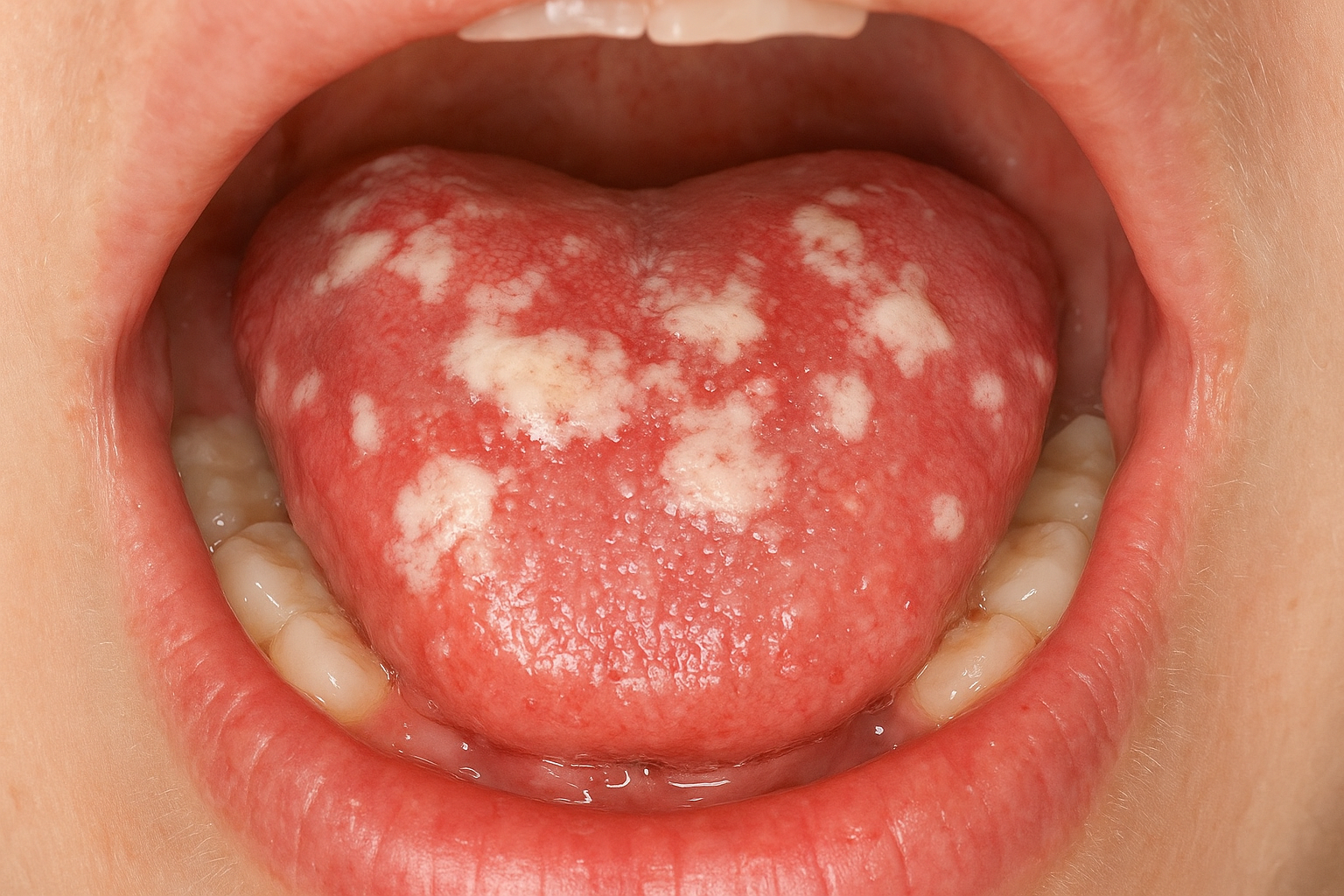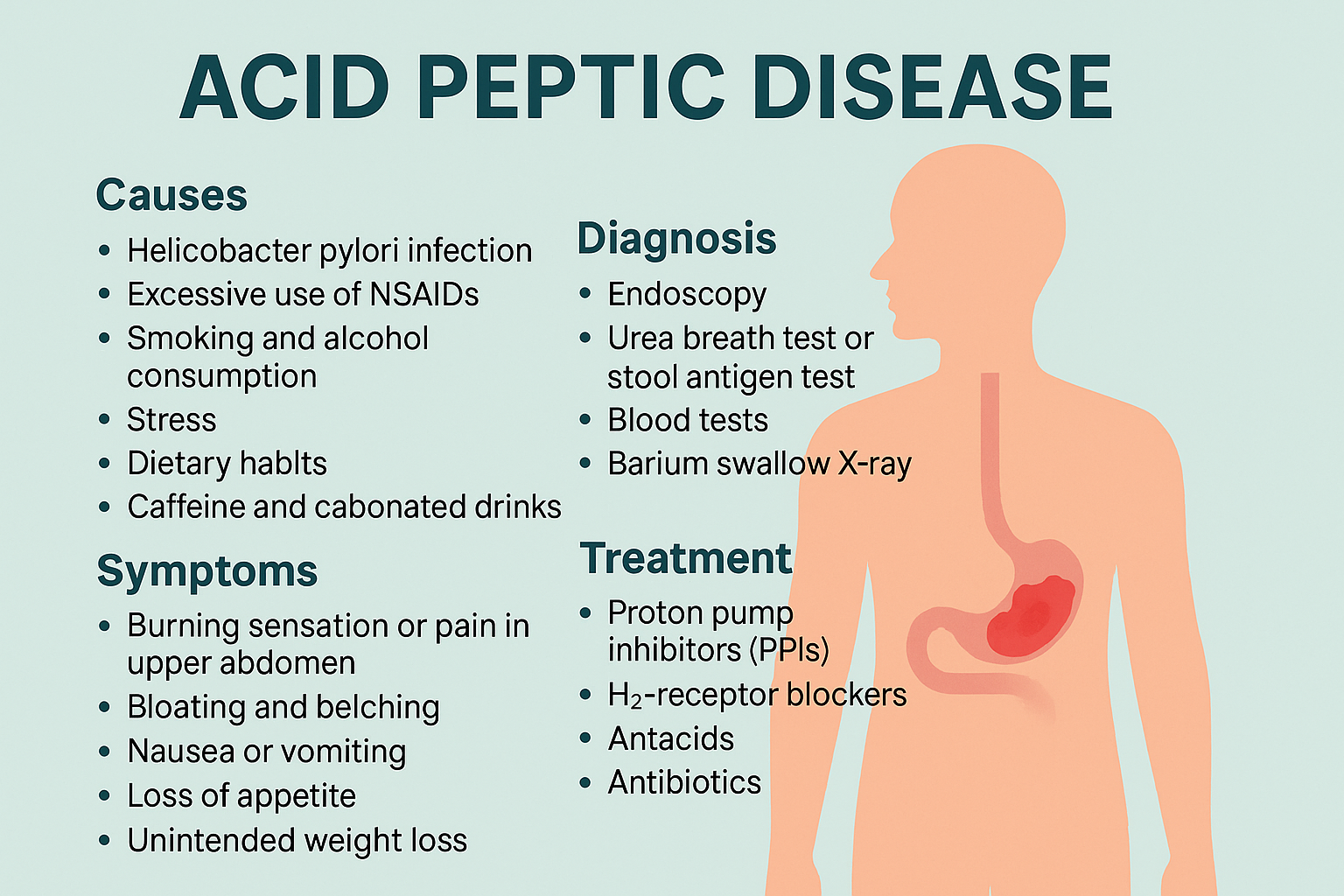Ascites is a medical condition characterized by the abnormal buildup of fluid in the abdominal cavity. It is not a disease itself but rather a complication of underlying health problems, most commonly liver cirrhosis. The presence of ascites often indicates advanced disease, making early recognition and appropriate management essential for improving quality of life.
What is Ascites?
The word ascites comes from the Greek word askos, meaning “bag” or “sac.” It refers to the accumulation of fluid in the peritoneal cavity, which causes noticeable abdominal swelling. This condition can range from mild (detected only by imaging) to severe, leading to significant discomfort and breathing difficulties.
Causes of Ascites
Several medical conditions can cause fluid buildup in the abdomen. The most common causes include:
- Liver cirrhosis (most common cause) – due to chronic liver diseases such as hepatitis B, hepatitis C, and long-term alcohol abuse.
- Heart failure – increased pressure in the veins can push fluid into the abdomen.
- Kidney disease – conditions like nephrotic syndrome can lead to fluid retention.
- Cancer (malignant ascites) – especially cancers of the liver, ovaries, pancreas, and stomach.
- Tuberculosis of the peritoneum – rare but possible cause in some regions.
Symptoms of Ascites
Symptoms may vary depending on the amount of fluid and the underlying condition. Common signs include:
- Swelling or distention of the abdomen
- Rapid weight gain due to fluid buildup
- Shortness of breath (as fluid presses upward on the diaphragm)
- Loss of appetite or early satiety (feeling full quickly)
- Abdominal discomfort or pain
- Swelling in legs and ankles (edema)
- Fatigue and weakness
Diagnosis of Ascites
Doctors use several approaches to confirm and evaluate ascites:
- Physical Examination – checking for abdominal swelling, shifting dullness, or fluid wave.
- Ultrasound or CT Scan – imaging tests to detect even small amounts of fluid.
- Paracentesis (Fluid Tap) – removal of fluid from the abdomen with a needle to test for infection, cancer, or protein levels.
- Blood Tests – liver function tests, kidney function, and albumin levels to identify the underlying cause.
Types of Ascites
Ascites is classified based on the protein content of the fluid:
- Transudative ascites – caused by liver cirrhosis and portal hypertension.
- Exudative ascites – caused by infections, cancers, or inflammation.
Management and Treatment of Ascites
Treatment focuses on managing symptoms, removing fluid, and treating the underlying cause:
1. Lifestyle and Dietary Modifications
- Low-sodium diet to reduce fluid retention.
- Fluid restriction in certain cases.
- Avoiding alcohol in patients with liver disease.
2. Medications
- Diuretics (spironolactone, furosemide): Help remove excess fluid through urine.
3. Paracentesis
- A procedure to drain large amounts of fluid, providing immediate relief from discomfort and breathing difficulties.
4. Surgical and Advanced Interventions
- Transjugular intrahepatic portosystemic shunt (TIPS): Creates a new pathway for blood flow in the liver to reduce portal hypertension.
- Liver transplantation: Considered in patients with severe cirrhosis and recurrent ascites.
5. Treating the Underlying Cause
- Antiviral therapy for hepatitis
- Chemotherapy for cancer-related ascites
- Medications for heart or kidney disease
Complications of Ascites
If left untreated, ascites can lead to serious complications such as:
- Spontaneous bacterial peritonitis (SBP): Infection of the fluid in the abdomen.
- Hepatorenal syndrome: Kidney failure due to severe liver disease.
- Malnutrition: Resulting from poor appetite and impaired digestion.
Prevention of Ascites
While not all cases can be prevented, reducing risk factors can lower chances of developing ascites:
- Timely treatment of liver disease (hepatitis vaccination, antiviral therapy).
- Avoiding excessive alcohol consumption.
- Managing chronic conditions like diabetes, obesity, and heart disease.
- Regular medical checkups for people with chronic liver disease.
Final Thoughts
Ascites is a serious medical condition, often linked with advanced liver disease. Early diagnosis and proper management play a vital role in improving patient outcomes. A healthy lifestyle, timely treatment of underlying diseases, and regular follow-ups with healthcare professionals can help reduce complications and improve quality of life.



